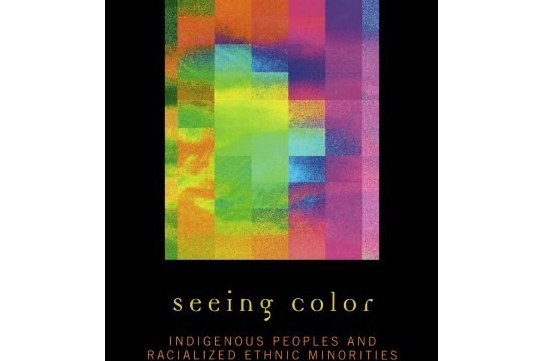內容簡介
Indigenous peoples and racial minorities have lived and thrived in Oregon for centuries. Their legacy is interwoven with the state's history and culture even as they continue to struggle with prejudice, environmental pressures, shrinking state revenues, the effects of globalization, and the changing dynamics of the state economy. Current U.S. immigration policy and the forces of globalization have played a critical role in creating a dynamic process named the 'browning of Oregon.' This anthology brings together a group of noted multidisciplinary scholars, who explore the rich and varied experiences of Oregon's native communities and racial minorities. Anchored in a 'power relations' perspective, the book has been organized around several key historical themes, including: the foundation of ethnic communities; civil rights; social justice; ethnicity and labor; and various forms of cultural traditions. As disparate as they seem in style and topic, this collection of essays highlight the distinctive experiences of Oregon's people of color and communicates the broader interlocking categories of social identity. The book is essential reading for students, teachers, and the general public interested in contemporary racial politics.
作者簡介
Jun Xing is Professor of Ethnic Studies at Oregon State University. He is the author/editor of five other books, including: Baptized in the Fire of Revolution (1996), Asian America through the Lens (1998), Reversing the Lens (2003), and Teaching for Change (2006).
Erlinda Gonzales-Berry is Professor of Chicano/a and Latino/a at Oregon State University where she has served as chair of the Ethnic Studies Department for ten years.
Patti Sakurai is Assistant Professor in the Ethnic Studies Department at Oregon State University and specializes in Asian American Studies.
Robert D. Thompson Jr. is Assistant Professor of Ethnic Studies at Oregon State University. Trained as a sociologist at the University of California, Santa Cruz, Professor Thompson specializes in African American and Comparative Ethnic Studies and African American Political and Social Thought in the Early Twentieth Century.
Kurt Peters is Associate Professor of Native American Studies and Comparative Ethnic Studies, serves on the Executive Board of the Rural Community Sustainability Project, and is Director of the Native American Collaborative Institute at Oregon State University.

